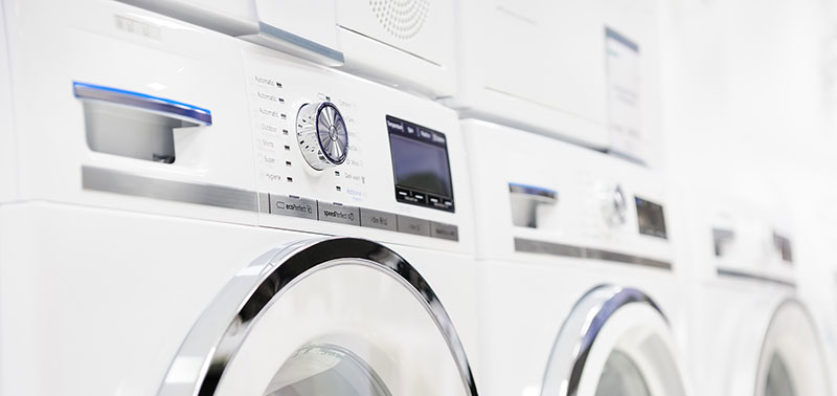
Donald Trump is set to introduce a new levy on certain imports designed to promote US manufacturing and ward companies away from buying foreign, cheaper goods.
Some believe that this move will have detrimental effects on global progress towards improved rollout of renewable energy sources.
The move has come after the US International Trade Commission (ITC) found that imported washing machines and solar panels, “are a substantial cause of serious injury to domestic manufacturers,” according to US trade representative Robert Lighthizer. This followed complaints from manufacturing company Whirlpool Corp and solar energy firms Solar World Americas and Suniva that they were being undercut by foreign firms.
In light of the ruling, Whirlpool Corp, whose stock has since risen by 2.5%, has already said that they will be adding more jobs as a result. “By enforcing our existing trade laws, President Trump has ensured American workers will compete on a level playing field with their foreign counterparts,” Whirlpool chairman Jeff Fettig said.
It has been criticised however by South Korea and China who are both likely to see many of their native manufactures negatively impacted as a result.
South Korea described the move as “regrettable” and “excessive” and indicated that they would be issuing a formal complaint to the World Trade Organisation. China has expressed “strong dissatisfaction” with the new levy and a spokesman for the government expressed concern that such a move would cause further friction in global trade relations.
For washing machines, companies will be subject to a tariff of 20% on the first 1.2 million units imported within the first year and 50% on any imported after that figure has been reached. The tariff is set to decrease in its third year, to 16% for the first 1.2 million and 40% thereafter.
A 30% levy will be imposed on imported solar panels for the first year, subsequently decreasing to 15% once the fourth year has been reached. The new rules allow for organisations to bring up to 2.5 gigawatts worth of unassembled solar modules, which equates to around 11.5 million panels, without being subject to the additional tax.
There are concerns within the US that the move is going to slow the shift from fossil fuels to more renewable sources of energy. Head of a renewable energy company MJ Shiao predicted the move would adversely effect installations of solar panels by 10-15% within the next five years but did not think it would catastrophic, “It is a significant impact, but certainly not destructive to the end market,” He said.
The move was heavily opposed by the Solar Energy Industries Association (SEIA) who claimed that Solarworld and Suniva were using complaints about foreign companies to hide poor business decisions on their part. SEIA also pointed to the fact that both companies were in fact foreign owned and simply manufactured the panels in the US. The decision could in fact cause more competition for both Suniva and Solarworld as many foreign companies may consider transferring production to the U.S.




